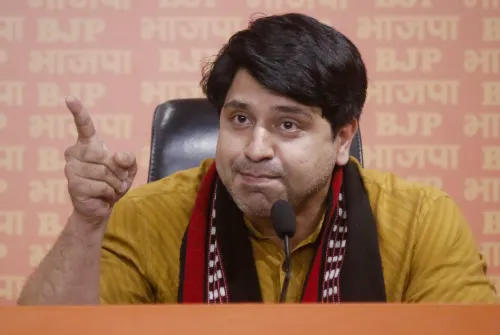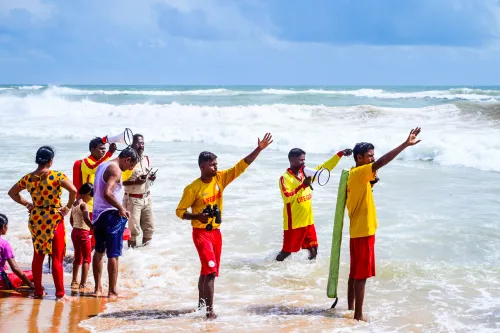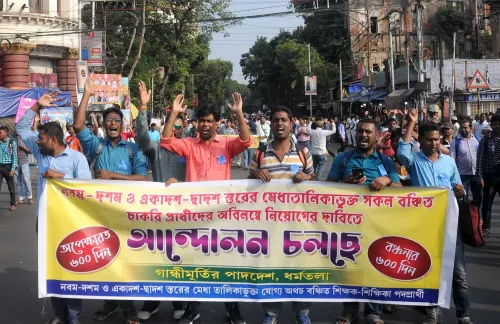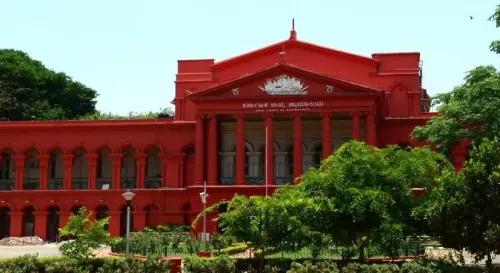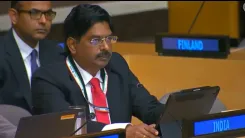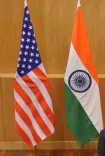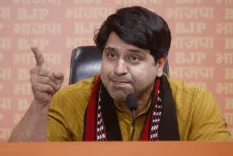US Supreme Court Denies Tahawwur Rana's Request to Halt Extradition
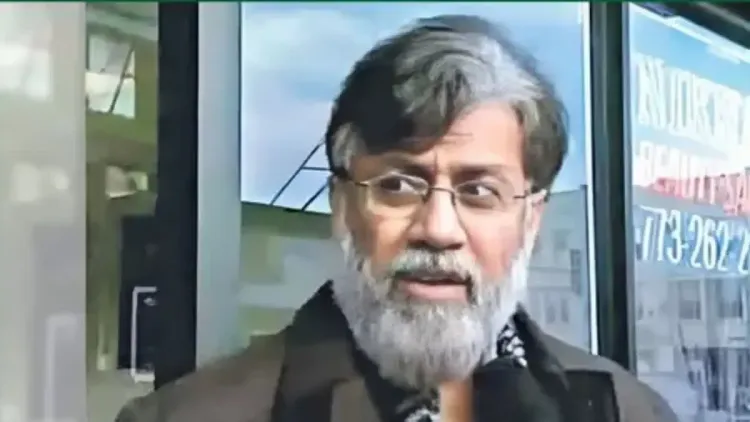
Synopsis
Key Takeaways
- The US Supreme Court rejected Tahawwur Rana's extradition stay request.
- Rana argues extradition to India poses a risk of torture.
- He cites severe medical conditions as a concern.
- Rana is linked to the 2008 Mumbai terror attacks.
- His extradition was approved by President Trump.
New Delhi, March 7 (NationPress) The US Supreme Court has denied a request from Tahawwur Rana, an individual accused in the 26/11 Mumbai terror attacks, seeking to halt his extradition to India where he is expected to stand trial.
Rana, a Canadian citizen with Pakistani roots, submitted an "Emergency Application For Stay" to the Associate Justice of the US Supreme Court and Circuit Justice for the Ninth Circuit.
In his submission, he contended that extraditing him to India would breach US law and the United Nations Convention Against Torture, claiming there are significant grounds to believe that he would face the risk of torture if sent back to India.
His application emphasized, "The potential for torture is heightened, given that the petitioner is a Muslim of Pakistani descent facing charges related to the Mumbai attacks," it stated.
Furthermore, the plea claimed that his "serious health issues" would make extradition to Indian detention facilities equivalent to a "de facto" death sentence.
Medical documentation from July 2024 detailed several "acute and life-threatening diagnoses," including multiple heart attacks, Parkinson's disease with cognitive decline, a bladder cancer-like mass, stage 3 chronic kidney disease, chronic asthma, and repeated Covid-19 infections.
Rana's extradition was approved by US President Donald Trump last month. During a joint press event with Indian Prime Minister Narendra Modi, Trump announced the approval, stating, "We are returning a very violent man to India immediately. There is more to come as we have numerous requests. We collaborate with India on crime and aim to improve conditions for India," Trump remarked.
He is sought by Indian authorities for his role in the 2008 Mumbai terror attacks, which were executed by terrorists from the Pakistan-based group Lashkar-e-Taiba (LeT). On November 26, 2008, terrorists targeted eight locations in Mumbai, resulting in the deaths of over 174 individuals.
At the age of 64, Rana faces charges in India for providing logistical support to LeT. He was previously found guilty in the US for aiding this terrorist organization, and India has long pursued his extradition. He is also linked to Pakistani-American terrorist David Coleman Headley, a key conspirator in the 26/11 attacks.

